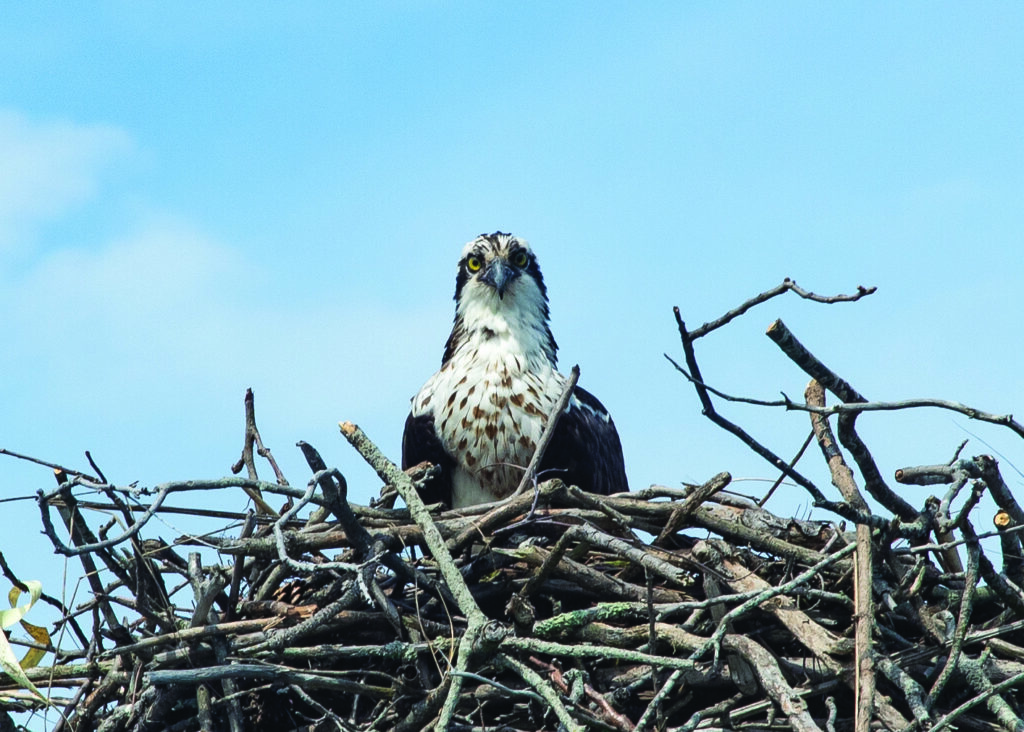The Center for Conservation Biology at the College of William & Mary compiled its 2024 breeding performance results for osprey in the Chesapeake Bay last month after the end of the nesting season, which begins in March and lasts through August. Based upon direct observations during nest visits, the largest contributing factor to poor breeding performance was the loss of young due to starvation, the report said.According to the report, low food availability leads to a sequential loss of young and results in smaller brood sizes or nest failure. One of the best indicators of food stress in Chesapeake Bay ospreys is the frequency of single-chick broods in the population.The monitoring effort included 511 osprey pairs distributed among 12 study areas. Nine study areas were within the main stem of the bay where salinity exceeded 10 parts per thousand and two study areas (used as reference sites for comparison) were positioned on upper tributaries within tidal fresh reaches where salinity...
To view the rest of this article, you must log in. If you do not have an account with us, please subscribe here.


